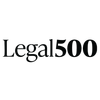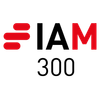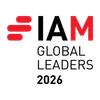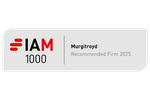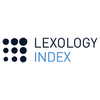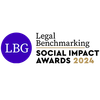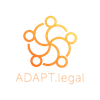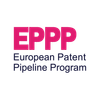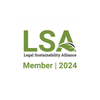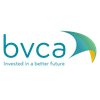Plant-based Products and Protected Agricultural Terms when Considering a Trade Mark
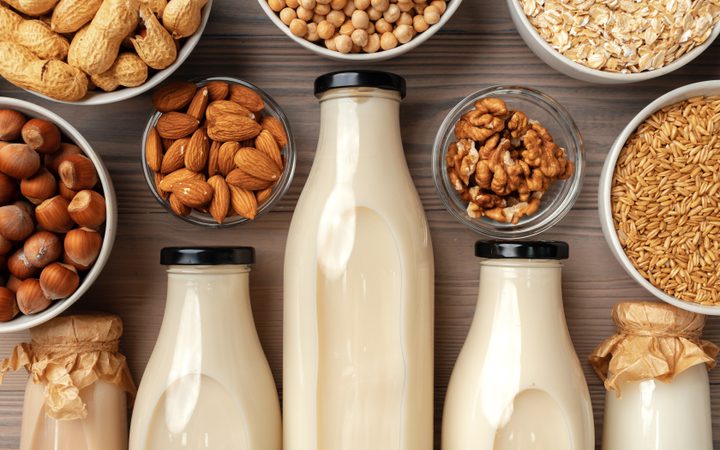
Over recent years, there has been a considerable surge in plant-based products hitting the supermarket shelves, including a number of products marketed as milk alternatives.
From soy, almond and oat to rice and pea milk, there are now close to 20 different types of dairy-free milk. With the ever-expanding selection available, it raises the question about protected agricultural terms, such as “milk” and their use for these products.
EU Regulation
The EU Regulation establishing a common organisation of the markets in agricultural products [EU Regulation 1308/2013], sets out the rules around the usage of a variety of agricultural products such as “milk”. The regulation stipulates that these terms may only be used for products made exclusively of animal milk. The implication being, that these terms cannot be used for plant-based alternatives.
The ECJ has also issued a decision [C-422/16] concerning the use of these protected agricultural terms for plant-based products and found that they should be limited only to goods that contain the actual animal product. The reason being, that it would be misleading to consumers to describe or advertise a product with these terms where the product did not actually contain them. It would also help to protect the dairy producers to limit the competition in the sector if the products are marketed properly and consistently.
The Importance of Imagery
The case also covered circumstances where additional terms were included and found that again, even with additional language or visuals which clearly showed that the product was plant-based.
The protection of the agricultural terms extends beyond the simple wording, as imagery alluding to these terms (such as droplets of milk) still gives the wrong impression that the product relates to animal products. Further, the list of agricultural terms included in the Regulation is not exhaustive and covers the common name of the food (such as milk, cream, butter etc.) but does not include any variations of these. Local or national names used for specialised types of these products, such as Chantilly (in French) or Sahne (in German), which are clearly used to refer to animal-based products, are also covered by the Regulation, it was determined.
Trade Mark Refusals
The Regulation and above case relate to the use of these terms and related imagery, and something which is also being raised as an objection by the UKIPO when applicants are filing for trade mark protection for their brands. The Registry is refusing trade mark applications under Section 3(4) of the Act by virtue of the EU Regulation for plant-based goods where the mark may refer to any of the protected terms.
The reality is that there are a large number of products on the market and even on the register which cover plant-based goods and yet include these protected terms. The fact that these products take the place of traditional, animal products means that consumers are used to thinking of these items as alternatives. A consumer will be much more likely to refer to “oat milk” rather than “an oat-based drink”. The purpose of “an oat-based drink” is to take the place of milk but to have as similar a taste, texture, and smell as possible. These plant-based “alternatives” have been specially created to be as similar to the animal-based original as possible, and consumers recognise this.
Producers may have been slow to change the wording and branding they use when advertising their products in an effort to educate consumers on their products and the place they can take in their diets.
However, this soon might not be the case, as more and more brand owners may receive an objection against their applications, which could influence the branding, and terminology, we see in the future.
However, in contrast to this, the recent case at the UK High Court between Oatly AB and Dairy UK [Oatly AB v Dairy UK LTD [2023] EWHC 3204 (Ch)] suggests that the matter may not be so clear. In this case, Oatly was successful in achieving registration of the mark “Post Milk Generation” for oat drinks. The reasoning was, that the mark was not being used to promote or sell milk products. Instead, the mark was understood to be used to market Oatly’s products to those who do not drink milk.
This decision seems to fall in contrast with the EU Regulation, which does not provide clarity on the position for plant-based business owners. It may then fall to more trade mark owners to test the question to provide a clearer direction on the restrictions.
What Should Trade Mark Owners Do?
Trade mark owners who provide plant-based products should still be aware of this requirement and try to fall within the bounds of any protected terms covered by the Regulation if they do not want to risk receiving an objection.
Cases such as these are a reminder that many areas of law can overlap within a single product and its branding. Potential issues such as these should be thought through and resolved as early as possible to avoid objections later down the line.
It is always prudent to seek specialist advice on such matters, to ensure that your brand is in the best position possible before forging ahead with trade mark applications. Please get in touch for more information on how Murgitroyd can help you and your business.


